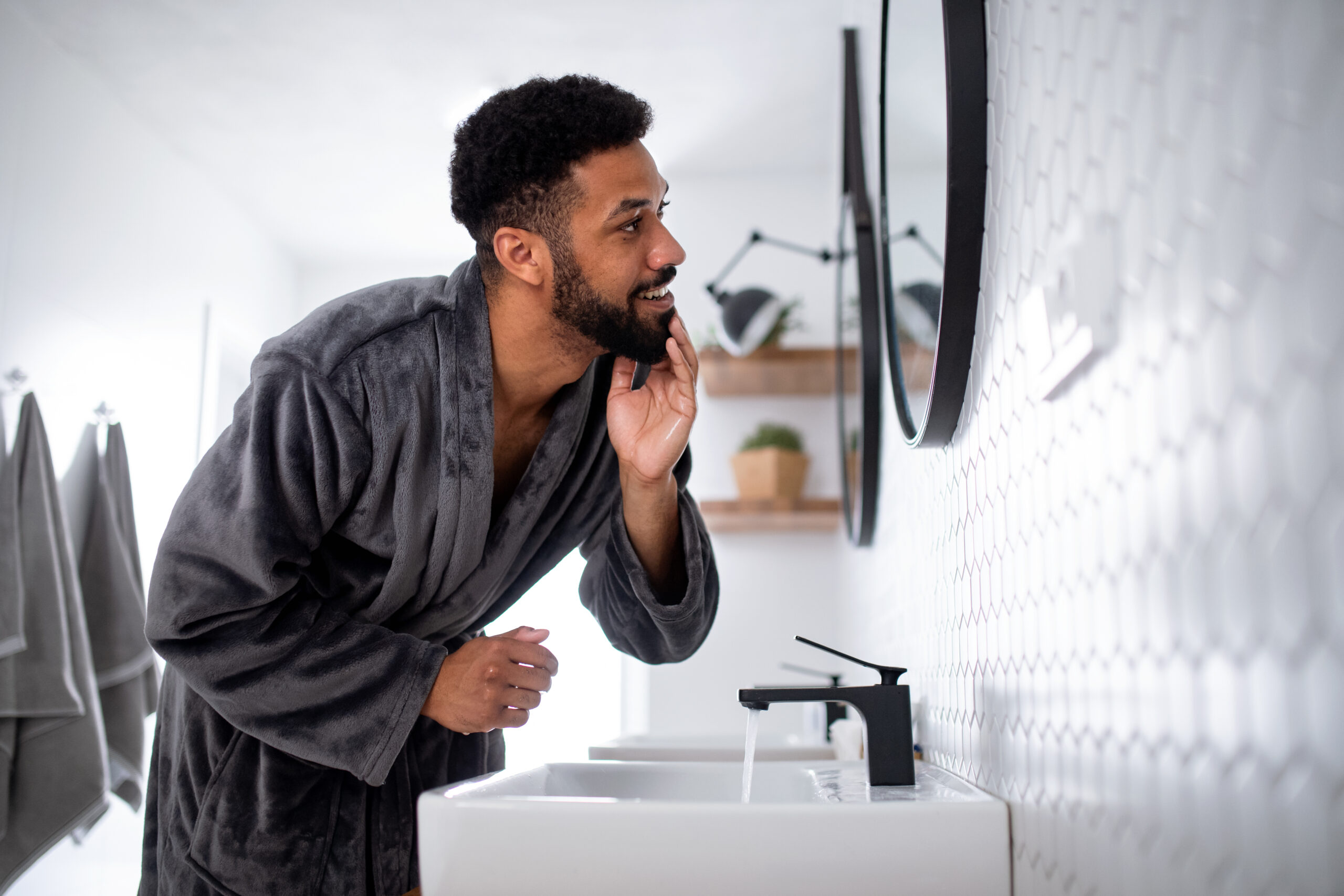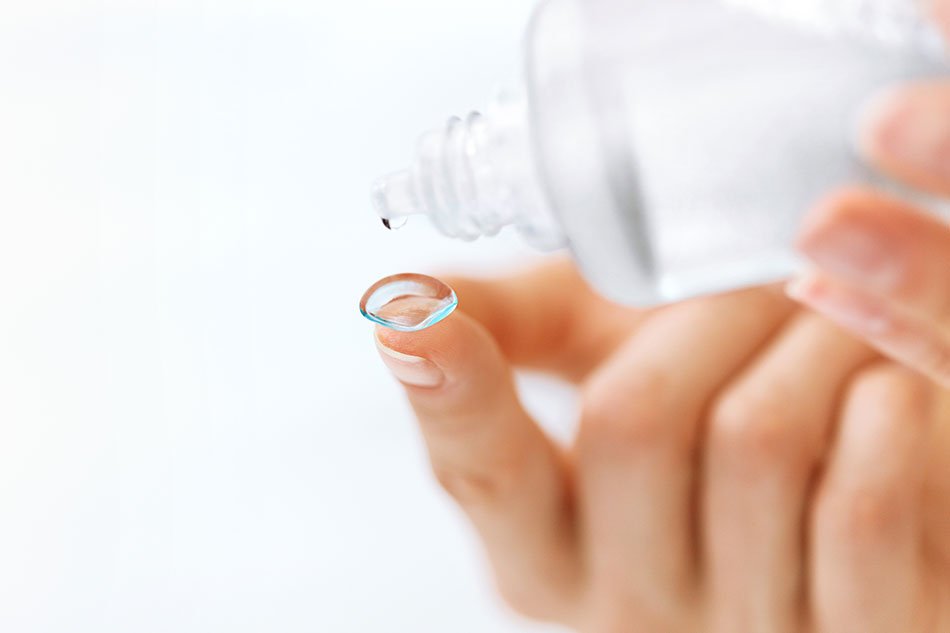11 Essential Eye Health Habits Gen-Z and Millennials Need to Start Now

By 2050, experts predict that the number of Americans experiencing vision loss will double, affecting nearly 9 million individuals. Although eye disease may appear to be a concern primarily for older adults, the reality is that your choices in your 20s and 30s play a crucial role in determining your vision health for life.
The good news? Simple habits started now can dramatically reduce your risk of future blindness and ensure your eyes stay strong and healthy. At SightMD, our ophthalmologists emphasize that prevention is always more effective than treatment later. Here’s what every Gen-Z and millennial should know—and do—to safeguard their sight.
Know Your Risk Factors
Eye health is not one-size-fits-all. Genetics and family history play a huge role in determining your risk.
- Glaucoma and age-related macular degeneration (AMD) often run in families.
- If you have relatives with these conditions, you may be 4–9 times more likely to develop them yourself.
That’s why it’s important to gather your family’s eye health history early. Ask about eye diseases, vision changes, or treatments that parents, grandparents, or siblings have experienced. Share this information with your doctor so screenings can begin sooner if necessary.
If you have risk factors like diabetes, high blood pressure, or a family history of glaucoma, your eye doctor may suggest starting eye exams earlier and scheduling them more often—sometimes as early as your 20s.
Daily Protection Habits
Your daily environment has a major impact on your eyes, often in ways you don’t notice until it’s too late. Protecting your vision starts with small but consistent practices:
- Wear sunglasses year-round. UV rays can damage your eyes even on cloudy days. Look for lenses labeled 100% UVA/UVB protection.
- Practice the 20-20-20 rule. Every 20 minutes, look at something 20 feet away for 20 seconds to reduce digital strain.
- Stay safe at work. Whether you’re a lab tech, construction worker, or hobbyist, use OSHA-approved protective eyewear to prevent injuries.
- Play smart in sports. Basketball, racquet sports, and baseball are leading causes of eye injuries. Protective goggles can mean the difference between fun and permanent vision loss.
Personal Care and Hygiene
Contact lenses and cosmetics are everyday conveniences that require careful handling. Improper hygiene can lead to painful infections or long-term damage.
Always follow these rules:
- Wash your hands before touching your contacts.
- Replace contact cases every 3 months.
- Never sleep in lenses unless prescribed.
- Remove makeup before bed and avoid applying eyeliner inside the lash line.
If you notice redness, irritation, or sudden discomfort, stop wearing contacts or makeup and schedule an appointment immediately.
Lifestyle Factors That Impact Vision
Your overall health is directly tied to your vision. What you eat, how you move, and the choices you make today can either protect or harm your eyes over decades.
- Nutrition: Leafy greens, citrus fruits, colorful vegetables, fish, nuts, and seeds provide omega-3s, lutein, zeaxanthin, and antioxidants essential for eye function.
- Exercise: Regular physical activity lowers your risk of diabetes and high blood pressure—two leading causes of eye disease.
- Smoking: Tobacco use dramatically increases the risk of macular degeneration and cataracts. Quitting is one of the most powerful steps you can take for your eyes.
- Chronic conditions: Poorly managed diabetes and hypertension can cause irreversible damage. Partner with your doctors to keep these conditions under control.
Pregnancy and Eye Health
Pregnancy brings natural vision changes due to hormone fluctuations. Mild dryness or temporary blurriness is normal, but some symptoms should never be ignored.
If you are pregnant, pay special attention if you:
- Experience flashing lights or sudden vision loss
- Have severe headaches with vision changes
- Manage diabetes and notice shifts in eyesight
These could signal conditions like preeclampsia or diabetic retinopathy, both of which require immediate care.
Understanding Normal Aging vs. Warning Signs
It’s natural for your eyes to change as you get older, but it’s important to know what’s normal and what’s a red flag.
- Expected changes: By your 40s, presbyopia (the need for reading glasses) is common. Dry eye also becomes more likely.
- Warning signs: Double vision, flashes of light, sudden floaters, or loss of peripheral vision should never be ignored. These may indicate serious problems like retinal detachment or glaucoma.
That’s why the American Academy of Ophthalmology recommends a baseline comprehensive eye exam at age 40. From there, your doctor will determine how often you should return.
Creating Your Eye Health Action Plan
Building lifelong eye health starts with consistency. Think of it as a checklist you revisit every year.
- Schedule comprehensive eye exams regularly—even if you don’t wear glasses.
- Document and update your family’s eye health history.
- Protect your eyes daily with sunglasses, proper screen habits, and safety gear.
- Maintain a nutrient-rich diet and active lifestyle.
- Avoid smoking and manage chronic health conditions.
If you notice sudden changes in your vision, don’t wait. Contact your eye care professional right away.
At SightMD, we simplify your eye care with convenient locations, cutting-edge diagnostic tools, and a team of specialists in every area, from pediatric ophthalmology to neuro-ophthalmology.
The Best Time to Invest in Eye Health Is Now
The habits you build today in your 20s and 30s have a lasting impact on your future vision. Prevention isn’t complicated—it’s about protecting your eyes from daily risks, fueling your body with the right nutrients, and scheduling regular exams before problems arise.
Don’t wait until vision problems appear to take your eye health seriously. Schedule a comprehensive eye exam at SightMD today and give your future self the gift of clear, lasting sight.
FAQs about Protecting your Vision
The American Academy of Ophthalmology recommends a baseline exam at age 40, or earlier if you have risk factors. Adults in their 20s and 30s without risk factors can usually go every 5–10 years.
No. Glasses don’t weaken your eyes. They simply correct your current prescription, which may naturally change with age.
Follow the 20-20-20 rule, position your screen correctly, and blink often. If symptoms persist, ask your eye doctor about computer glasses.
Sunglasses block UV rays, while prescription safety glasses combine vision correction with impact protection. Choose ANSI-approved eyewear for work or sports.
Ask relatives about glaucoma, macular degeneration, diabetic retinopathy, and cataracts. Share this with your doctor to guide screenings.
Omega-3s, lutein, zeaxanthin, vitamins C and E, and zinc are essential. You’ll find them in leafy greens, fish, nuts, and colorful produce.
Seek immediate care for flashing lights, sudden vision loss, or severe headaches with vision changes. These could signal serious complications.
No. Sharing spreads bacteria and infections. Replace mascara every 3 months and remove all makeup before bed.


